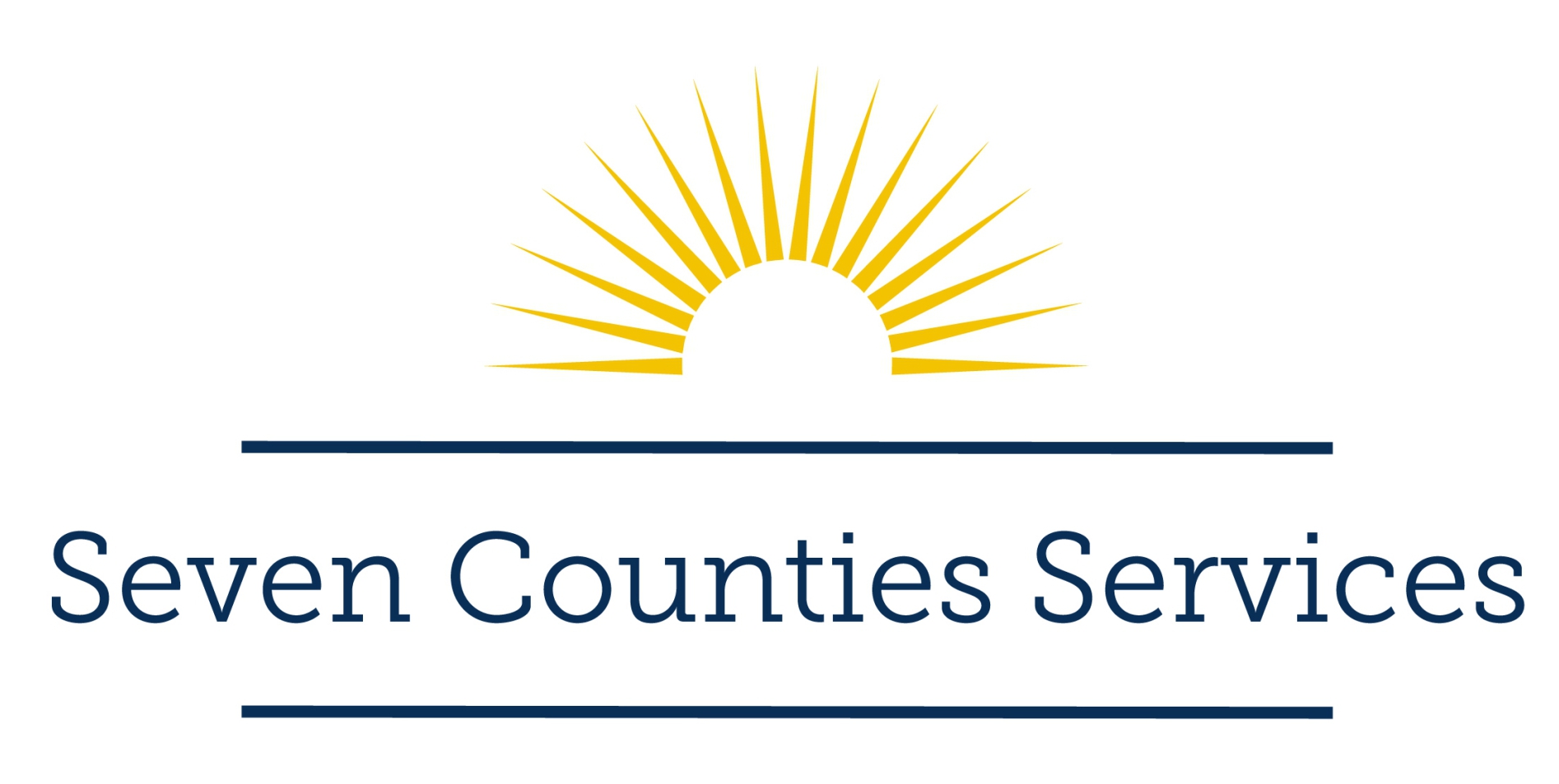Supporting Veterans and Military Behavioral Health Needs
During National Veterans & Military Families Month, we set aside time to honor the contributions of those who have served the United States Armed Forces and their families. With millions of Americans having served throughout our Nation’s history, this month is also a time to prioritize support for the vast Veteran community and their families so they can thrive in post-military lives.
In fact, each year 200,000 service members leave the military and must reorient their lives. This transition impacts all aspects of their well-being including employment and education, finances, housing, health, family and relationships. It’s very common for service members to experience high levels of stress during this transition time.
Without proper support, complex behavioral health concerns might emerge. While progress has been made, data from the Substance Abuse and Mental Health Services Administration (SAMHSA) suggests that around half of all recently separated Veterans don’t connect with available resources and benefits for several years, and sometimes only when they are in crisis. The additional data below explains this lack of connection to services from 2020-2022.
Veteran Behavioral Health Data
- In 2020, approximately 5.2 million Veterans experienced a behavioral health condition.
- More than half of Veterans with a mental illness did not receive treatment during 2021-2022.
- More than 90% of those experiencing a substance use disorder did not receive treatment.
Because military culture often focuses on the needs of the larger group over the individual, it can encourage service members to push forward even when they are suffering. The U.S. Department of Veterans Affairs (VA) states when these cultural norms persist after a service member transitions from the military, they can be detrimental — and in some cases extremely harmful — to a Veteran’s mental health and wellness. Even for active service members, it’s important to be aware of these challenges and have resources readily available for yourself and your family.
Military Behavioral Health Challenges
Below are four behavioral health challenges those currently and previously serving in the military may face. Use these resources to learn about each of the challenges and how to get support for yourself or a loved one.
Post-Traumatic Stress Disorder (PTSD)
Military service members are at an elevated risk of developing PTSD as a result of traumatic events they may have witnessed or experienced directly. They may experience symptoms such as reliving the event, or flashbacks, hypervigilance, or being worried that something or someone is going to hurt them, avoiding situations that remind them of the event, or experiencing increased negative thoughts and feelings. While PTSD symptoms usually start soon after the traumatic event, they may not appear until months or years later. They also may come and go over many years. Learn more about PTSD symptoms and treatment.
Depression
Factors such as being separated from loved ones and support systems, the stressors of combat, and the experience of witnessing oneself and others in harm’s way all contribute to an increased risk of depression in both active-duty and veteran populations. It can present through various symptoms including loss of interest in activities, insomnia, weight loss or gain, fatigue, reduced ability to concentrate, feelings of worthlessness, and thoughts of suicide. Learn more about depression signs and symptoms.
Suicide Prevention
According to the 2022 Department of Veterans Affairs’ National Veteran Suicide Prevention Annual Report, there were 6,146 Veteran suicide deaths in 2020, on average 16.8 per day. This was 343 fewer than in 2019. There are many factors that contribute to suicide. With no single cause, we know that prevention is possible, especially when Veterans find support before a crisis happens.
Every person is different, and many may not show any signs of intent to harm themselves. Some actions and behaviors can be a signal that a person needs help. Warning signs can include anxiety, agitation, sleeplessness, mood swings, withdrawing from friends and family, and violent behavior. For immediate help dealing with a suicidal crisis, please contact the Veterans Crisis Line by calling 988 then pressing 1. Access more resources on suicide prevention.
Substance Use Disorder
A substance use disorder is a treatable mental disorder that affects a person’s brain and behavior, leading to their inability to control their use of substances like legal or illegal drugs, alcohol, or medications. Symptoms can be moderate to severe, with addiction being the most severe form. The 2020 National Survey on Drug Use and Health: Veteran Adults reported that 26.2%, or 5.2 million, Veterans experience a mental illness and/or substance use disorder. These behavioral health challenges often present together as substance use disorders sometimes develop as a coping strategy.
If you or a loved one are among the millions of people struggling with a substance use disorder, know that help is available! Our dedicated staff provides services and support to help individuals address the roots of substance misuse and live their best life. Learn more about warning signs, services, and what to expect during a recovery journey with Seven Counties Services.
Find Support Through Seven Counties Services
Active service members, Veterans, and their families in our community may be suffering in silence. As a Certified Community Behavioral Health Clinic, it’s our mission to remove the stigmas that exist around seeking behavioral health support and break down barriers to receiving care by making it as easy as possible.
We do this by offering a complete range of mental health and substance use disorder services, including 24/7 crisis care, providing care regardless of ability to pay, and coordinating care with other healthcare providers. Additionally, our services are available in seven Kentucky counties including Jefferson, Oldham, Bullitt, Shelby, Spencer, Trimble, and Henry. Our approach helps to increase easy access to care for individuals in these communities, such as Veterans, active military, and their families, who may not know about services available to them.
Want to learn more about how Seven Counties Services can support you or a loved one? Call (502) 589-1100 or request an appointment online. Your Journey, Our Passion!
Reviewed by Jean Romano, LPCC‑S, the Vice President of Adult Services at Seven Counties Services.




